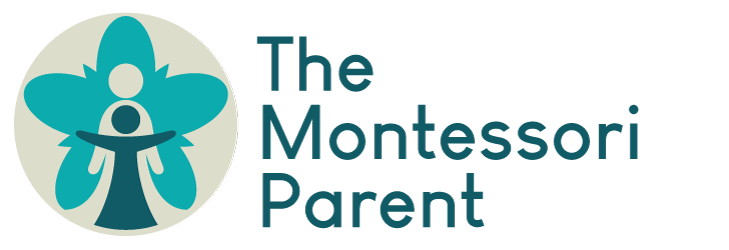What is a Montessori Way of Life?
Maria Montessori (1870 – 1952) was an Italian physician who developed the Montessori Method, referred to as an education for life. Her vision stemmed from an innate curiosity in early childhood development which she expanded into an all-encompassing philosophy for human development and life.
Embracing a Montessori way of life entails understanding the main principles of the method and how to incorporate these specific approaches into your home environment and everyday routines.

Principles of the Montessori Method
A Foundation of Respect
Adults continually model respectful behavior to the child with the expectation that the child learns and develops a similar respectful way of interacting with others and the environment.
The Absorbent Mind
Maria Montessori coined the term “the absorbent mind” as a way to describe how a child’s brain development functions like a sponge, taking in all of the environmental stimuli around her. Maintaining an orderly, structured environment in which the child can freely move to make independent choices allows for the child’s absorbent mind to properly begin sorting, classifying, and understanding the environment around her.


Fostering the Child’s Independence
A major component to the Montessori approach is providing opportunities for the child to practice independence. The physical environment and every activity in it should offer an outlet for the child’s developing abilities. When adults allow the child to do things for herself, the child inherently constructs a healthy and functional foundation for development.
Experiential Learning & Auto-Education
The child learns through direct experiences with her environment. A Montessori way of life recognizes the value of providing hands-on, sensory experiences for children of every age. Once the child has observed how to properly use a particular material or activity through an adult-presented lesson, she can then work with the activity independently and auto-educate through use of the self-correcting materials.

The Adult as the Guide
The Montessori approach of “following the child” calls for the adult to be the child’s guide, rather than a traditional teacher who is typically the center of attention in a classroom. Guiding the child involves following her lead in regards to her individual needs and interests.
Educating the Whole Child
A Montessori way of life educates the whole child through a holistic approach that recognizes all aspects of a child’s development: physical, cognitive, and emotional/spiritual.
Freedom within Limits
Allowing the child freedom of movement and choice is an underlying aspect of the Montessori approach. This freedom of movement and choice, however, must be balanced with structure and limits that the adult guide helps the child come to understand over time. Giving the child freedom of choice does not mean that the child can run about scattering activities, disrupting the work of others, or misusing materials. The child is given the space to follow her individual tendencies so that the adult can observe and deduct which types of activities to make available based on development needs.






